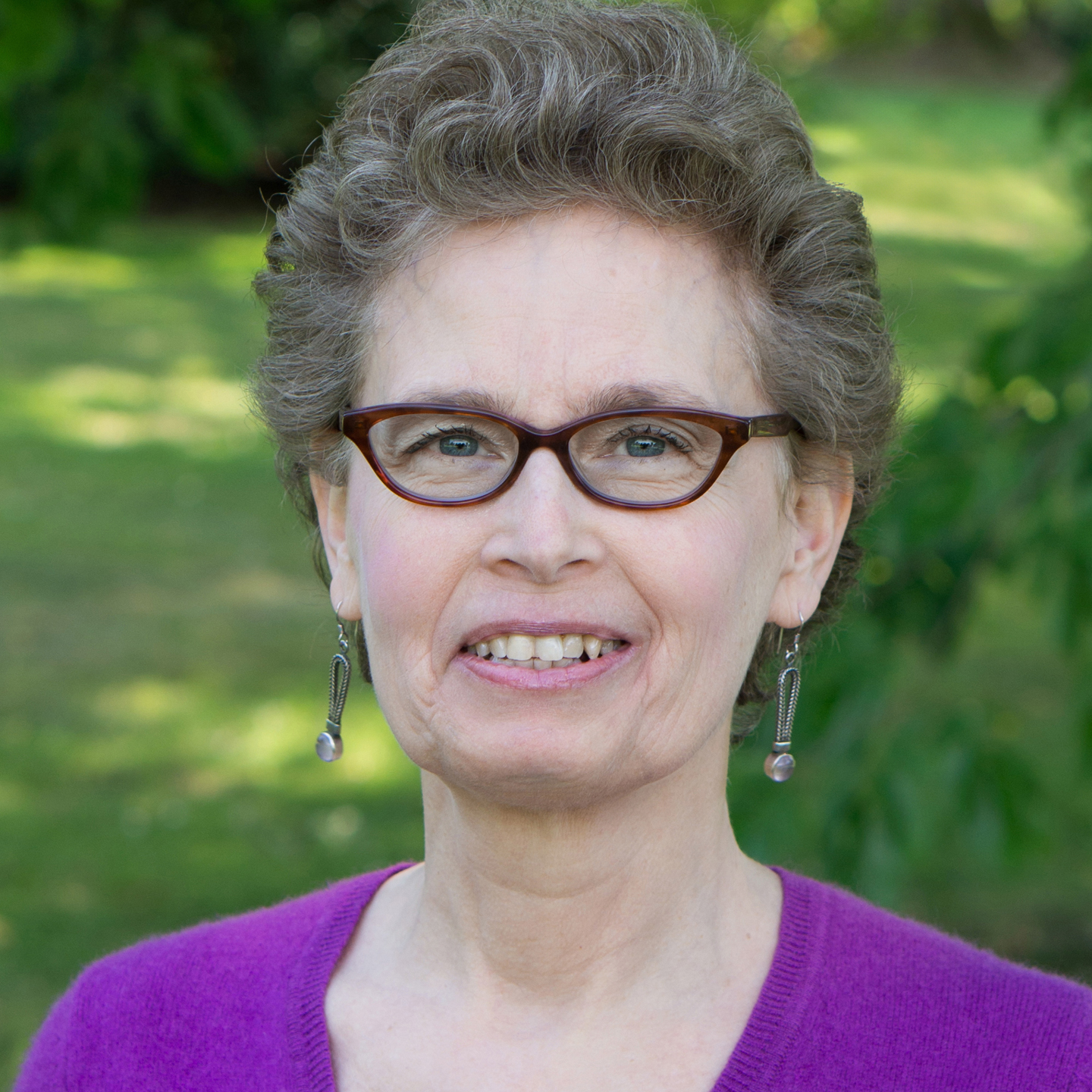-
Do you help people with anxiety & depression?
Yes. I see many clients with anxiety and/or depression, often as part of other issues, like trauma, relationship distress, loss, transition and spiritual emergence.
-
Are you covered under extended medical insurance?
Yes. Alberta Blue Cross, Equitable Life of Canada, Greenshield Canada, GroupSource, Manulife, Pacific Blue Cross, Sun Life and ClaimSecure all cover my services depending on your insurance. Canada Life (Great West) reviews each situation on a case by case basis. Please check with your policy administrator to confirm if you would qualify or if you don’t see your insurance company listed here, as the insurance landscape keeps changing. I am a Registered Therapeutic Counsellor (RTC) #1072 with Association of Cooperative Counsellors of Canada (ACCT). last updated Dec 27, 2022
-
What are your rates?
$125.00 CAD/hour for individual one-to-one sessions, including for one-to-one constellation sessions (sliding scale $100-125). (Outside of Canada – $125 USD/hour, (sliding scale $100-125))
Group Constellation Packages $150/hour, (sliding scale $125-150) for private genogram session and private group constellation. (Outside of Canada – $150 USD/hour, (sliding scale $125-150))
Please note: sessions are 55 minutes. Longer sessions pro-rated.
-
What is the purpose of your half-hour free phone consultation before the first appointment?
I like to give true value and have found that a phone call before coming to see me is a good way to ensure that you find what you expect. That also gives me a chance to see if I feel I can help you.
-
What’s the difference between a counsellor and a friend?
A good friend is someone who you can count on in the same or similar ways they count on you. You may be part of the same social circles, rely on each other for help when you need it, and share many kinds of rewarding times. And friends are often good at listening and offering good advice, which is why folks sometimes wonder what’s the difference between a good friend and a good counsellor?
There are four main differences between a counsellor and a friend.
Counsellors are bound to keep what you share confidential.
Counsellors make an ethical commitment to help you without asking anything in return other than their agreed-upon fees. Counsellors can help you process emotions such as grief without you having to worry about bumming them out. They attune themselves to you and stay calm with you. As your counsellor they’re not worrying about losing you as a friend—even if you’re going through a hard time or acting out.
Counsellors have specialized training in psychology and specific techniques to help you overcome the difficulties you’re facing. Counsellors listen deeply, giving you their full attention, and offer wisdom from their years of experience. Counsellors know how to meet you where you are and help you repair attachment injuries. With a good counsellor you can practice setting boundaries, heal from trauma, tackle a new challenge, and more.
Because counsellors are not needing you for emotional support they can more objectively help you get clear, which in turn can help you find new options out of situations that may have seemed hopeless. Counsellors are trained to help people reframe difficulties to move forward.
Yes it’s true, some of your friends may have some of these skills and that’s a wonderful thing. You might even see there’s some overlap between friends and counsellors. And I hope this brief answer has helped you to get clearer about what you need right now.
-
What’s the difference between counselling and coaching?
Counselling requires more specialized training (at minimum a certificate and optimally an MA or PhD) than does coaching. Counsellors may be regulated, whereas coaches are not. At the same time, there is overlap between the two as you can see from the descriptions below:
Psychological counselling tends to focus more on inner states, recovering from the past, emotional difficulties and healing. As a counsellor, I’m tracking with my client your awareness of how you are thinking and feeling about yourself now, versus your relationship to the past (whether to a past sense of self and/or history). Clients measure progress primarily by resolution of their issues and sometimes also by external actions or shifts in relationships. Upon successful completion of a cycle of counselling sessions, a client might report: increased sense of safety, freedom from anxiety and depression, trauma, inertia and self–judgment and also increased ability to enjoy life now and to contemplate the future and upcoming decisions with confidence. I offer my counselling clients an integrated approach including traditional psychotherapy, light trance, breath, mindfulness and utilizing your innate experiential knowing.
With integrity skills coaching (aka life/executive coaching) the focus is more on breaking out of current gridlock or dealing with a specific turning point to reach future goal posts. Skills to develop could include how to balance competing priorities, communicating in conflict or public speaking. Like a sports coach, I encourage, point out strengths and weaknesses, all the while strategizing with you as my client. Typically, goals in coaching are tangible, like: obtaining a job, renegotiating work duties, overcoming stage fright or rebalancing family priorities in the face of an ongoing illness. Studies have shown people complete measurable goals faster when they are accountable to another person, like a coach.
The above descriptions are two ends of a spectrum from counselling to coaching. I’m qualified to offer both counselling and coaching and happy to help you decide which one is right for you. Either way I will give you a full range of tools and assistance to support your goals.



